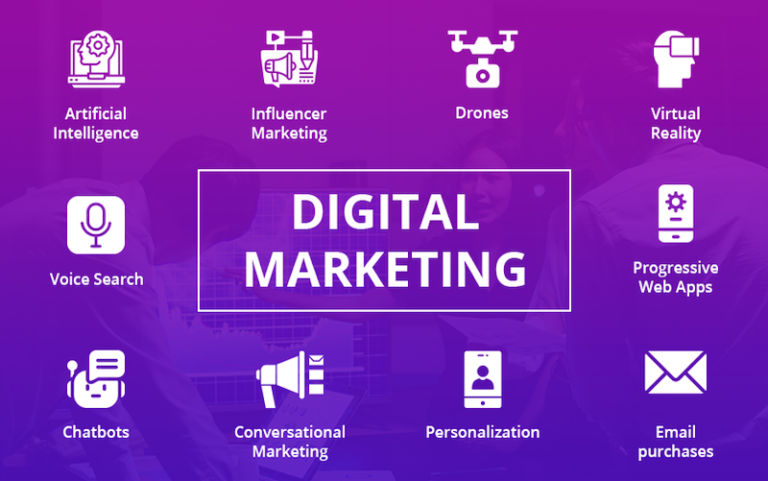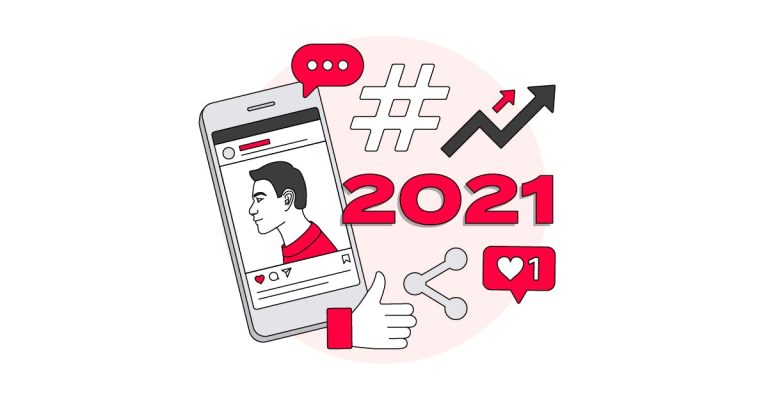You could actually come off as condescending
Writing with only a search engine’s interests in mind results in “…a masterpiece by SEO writing standards and an absolute turd by regular writing standards.”
- Lose the clickbait titles
- Don’t keyword stuff (even if subtle)
- Quit the over-paragraphing
- Nix the bulking out of how-to posts for no reason
- Resist over-formatting
- Link with mercy
Why HUMAN readability is important
Are you typing this on your phone?
- Improves user experience.
- Increases the chances of your post ranking well for voice search.
- Appeals to search engines that are increasingly attuned to what human beings perceive as worthwhile writing.
“How to be happy” might warrant a lengthy, meditative piece of writing, but you could probably knock out “how to use chopsticks” in two or three practical steps. The key thing to remember is that this isn’t your high school coursework, and you don’t need to bulk out your writing until you reach a certain word count.
On that note, for the sake of your readers’ sanity, here are a few steps you can take to improve the human readability of your content.
We’re all pretty used to the internet by now. Maybe a dramatic blog post title like “[X number] of Content Marketing Mistakes That Will Blow Your Mind’” would’ve worked in 2010, but now we just roll our eyes and keep scrolling.
I’m serious. To quote said article’s exasperated writer, Nick Slater, writing with only a search engine’s interests in mind results in “a masterpiece by SEO writing standards and an absolute turd by regular writing standards.” Unsurprisingly, this stuff drives people crazy.
The same goes for any highly exaggerated anticipation of the reader’s reaction: If I see a headline that promises to be “ultimate,” “revealed,” or “revolutionary,” I skip right over it. (Ditto for titles that guarantee unimaginable success as a result of reading that post.)
How to improve your content readabilty for SEO
There’s a time and a place
1. Lose the clickbait titles
But Yoast touches on something significant here, and something that often gets lost in the chaotic box-checking process of SEO writing: your reader is not the search engine itself, but a person expecting a sense of linguistic cohesion. And with Google’s NLP advancements, you can (read: should) actually consider the search engine a person, too—to an extent.
Others have looked extensively into what makes a good headline: Danny Goodwin previously shared his findings after running A/B tests on headlines for 31 days in an insightful post I recommend. Just make sure you don’t lose sight of the fact that, quantifiable metrics and headline analyzers aside, your instincts (informed by your uniquely human understanding of language) most likely still know better.
Kleopatra Olympiou is a writer with Reedsy, a marketplace that connects authors and publishers with the world’s best editors, designers, and marketers.
Take a look at this example from a post on online presence. In the red box, every sentence feels like a profound statement. Is this a list? Are they separate ideas? What is the key takeaway from this collection of lines? In the green box, the key takeaway is isolated as its own line with supporting information above it.
To marketer ears, “readability” inevitably conjures that familiar WordPress plugin: Yoast SEO. If you’ve never had the pleasure of using it, this is a Yoast feature that—with the help of a mysterious algorithm—calculates the reading “difficulty” of a piece of writing.
Anxiety about “skimmability” sometimes manifests as excessive formatting. Headers become larger, maybe even presented in a different font, to improve navigation. Great!
2. Stop the keyword stuffing (even the subtle kind)
3. Quit over-paragraphing
(In all seriousness, here’s a resource on self-editing if you need one.)
Make sure you fulfill your promise
What is this, a poem?
It then makes recommendations like decreasing sentence length, using a more active voice, and breaking up large chunks of text with subheadings. It’s even audacious enough to put red or orange bullets next to posts it considers algorithmically sub-par, but let’s not get into that.
You’re not in high school anymore
If anything, over-explaining simple tasks comes across as patronizing (not to mention boring), and achieves the opposite of user-friendliness. Keep it simple, and respect your reader’s time, as well as your own.
Your instincts matter
Just aim to be more mindful of when you press ‘enter’—and if, after a second glance, it seems there’s no reason for you to change lines, just don’t do it. Second-guessing yourself is actually a key step towards becoming a better writer, so feel free to have a full-blown existential crisis over every minor decision. Congrats, you’re a writer now!
Focusing on ranking for keywords is an effective tactic to drive traffic to your website—but if you lose sight of the fact that you’re writing for readers and not Google, you’re doing it wrong. This is the kind of attitude that leads to articles like this one decrying the way search results now seem to be catering to the interests of algorithms, not users themselves.
Now, I’m personally skeptical of any algorithmic approach to writing. I have little patience for the Yoast plugin’s decrees, writing tools like Grammarly, or anything that attempts to interfere with my thoughts when I’m writing (sighs in predictive text).
But if half the text is bright blue with hyperlinks, if it looks like a pinata of headings and subheadings exploded, or if there are five different fonts competing for your attention on a single page? Not so good.
5. Resist over-formatting
If not, why the line breaks?
- One or two words italicized? Sure.
- Information broken into short bullet points? Fair enough.
- Occasional bolding to call out important information? Sounds good.
As mentioned above, readability ranks. They say greater reading ease:
About the author
My point is that you shouldn’t create expectations you aren’t going to meet. Be thoughtful about how you choose your headlines—much like the process of titling a book, what you pick seriously affects the reception of a text. (So much so, in fact, that authors as prolific as Toni Morrison have had their titles changed by their publishers for commercial reasons.)






